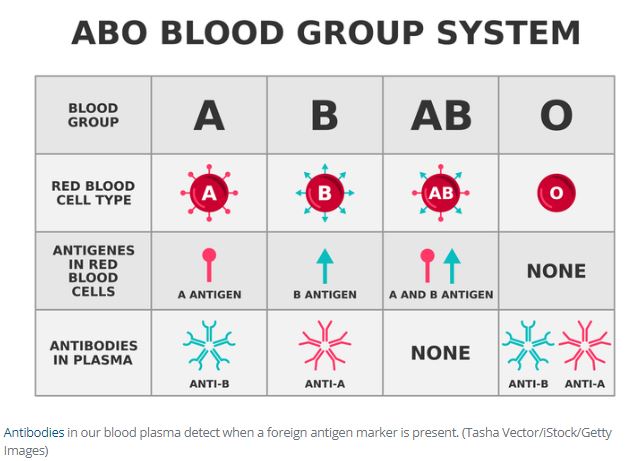London: In a remarkable breakthrough, scientists have unveiled a new blood group system after a perplexing absence of a surface molecule was noted during a pregnant woman's blood test in 1972. The discovery has come after nearly five decades of investigation led by researchers from the UK and Israel.
Haematologist Louise Tilley from the UK National Health Service, who has spent nearly 20 years studying this anomaly, expressed her excitement, stating, "It represents a huge achievement, and the culmination of a long team effort to finally establish this new blood group system and be able to offer the best care to rare, but important, patients."
While most are familiar with the ABO blood group system and the Rh factor, humans possess numerous blood group systems determined by various proteins and sugars on red blood cells. These antigens serve as crucial identification markers, helping the body distinguish between its own cells and potentially harmful foreign entities.
The discovery is particularly significant for blood transfusions, where mismatched antigens can lead to severe reactions or even death. Most blood groups were identified early in the 20th century, and newer systems, like the Er blood system found in 2022, usually affect only a small percentage of the population. The newly described blood group, termed the MAL blood group, follows this trend.
Tilley explained the challenges faced in this research, noting that genetic cases of this nature are exceedingly rare. Previous studies revealed that over 99.9% of individuals have the AnWj antigen that was absent in the patient from 1972. This antigen is associated with a myelin and lymphocyte protein, leading to the classification of the new blood group.

Individuals with mutations in both copies of their MAL genes exhibit an AnWj-negative blood type, similar to the patient in question. Remarkably, Tilley and her team identified three other patients with this rare blood type, indicating that certain blood disorders could also lead to the suppression of the antigen.
Tim Satchwell, a cell biologist at the University of the West of England, remarked on the complexity of the MAL protein, noting its intriguing properties made it difficult to identify. To confirm their findings, the researchers inserted the normal MAL gene into AnWj-negative blood cells, successfully producing the AnWj antigen.
This pivotal discovery not only expands our understanding of human blood groups but also enhances the potential for improved medical care for those with rare blood types.